Ground shipping is currently paused. Local deliveries throughout Long Island will continue as usual. Pre-orders for fall are now open. Non-local orders will begin shipping again in early September. Click here to learn more.
Ground shipping is currently paused. Local deliveries throughout Long Island will continue as usual. Pre-orders for fall are now open. Non-local orders will begin shipping again in early September. Click here to learn more.
| Size | |
|---|---|
| Common Name | |
| Family | |
| Native? | |
| Zone | 5, 5b, 6, 7, 8, 8b, 9 |
| Height Range (ft.) | 2.00 to 4.00 |
| Spread (ft.) | 1.50 to 2.50 |
| Bloom Time | |
| Bloom Description | Airy Seed Heads, tall |
| Sun | |
| Water | |
| Maintenance | |
| Suggested Use | |
| Tolerate | |
| Growth Rate | |
| Attracts |
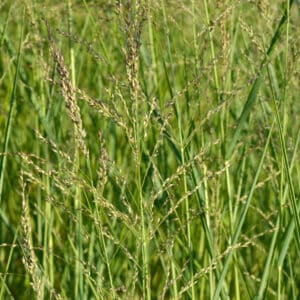
Andropogon virginicus – Broomsedge is a drought-tolerant native grass with fine green foliage that turns golden-tan in fall. Perfect for meadows, slopes, or prairie plantings, it provides wildlife habitat, stabilizes soil, and thrives with minimal care.
$12.99 – $108.99Price range: $12.99 through $108.99
Please note: Sizes 1.5 Gallon and up can’t be shipped outside the counties of Nassau, Suffolk, and Queens.
Learn more about how the process works and how our plants are delivered.
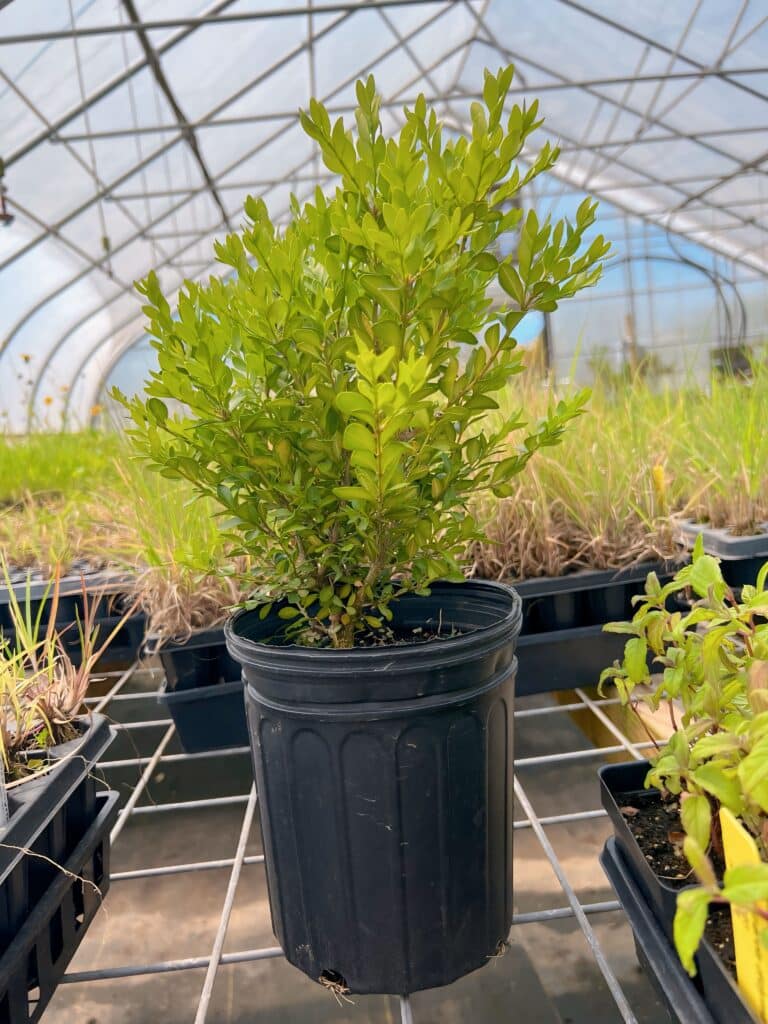
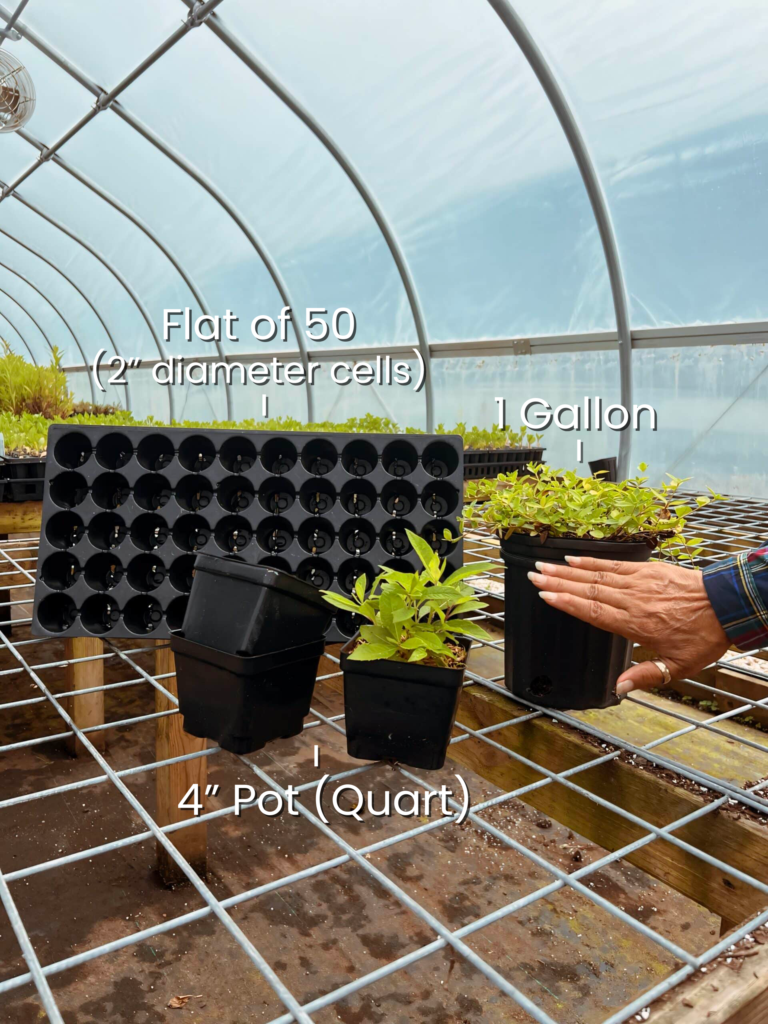
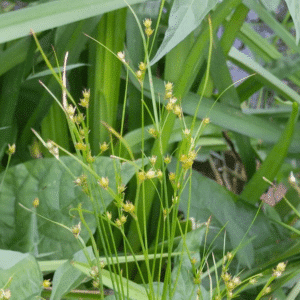
Ground shipping is paused due to summer heat. Only local delivery (Long Island & Queens) is available. Orders placed during the pause will begin processing September 1, and ground shipping will resume September 15.
| Size | |
|---|---|
| Common Name | |
| Family | |
| Native? | |
| Zone | 5, 5b, 6, 7, 8, 8b, 9 |
| Height Range (ft.) | 2.00 to 4.00 |
| Spread (ft.) | 1.50 to 2.50 |
| Bloom Time | |
| Bloom Description | Airy Seed Heads, tall |
| Sun | |
| Water | |
| Maintenance | |
| Suggested Use | |
| Tolerate | |
| Growth Rate | |
| Attracts |
Introduce texture, movement, and ecological value to your garden with Andropogon virginicus, commonly known as Broomsedge. This warm-season native grass is prized for its upright, clumping growth habit and striking seasonal transitions. In spring and summer, it features fine, green foliage that turns a golden-tan in fall and winter, creating a dramatic and dynamic presence in the landscape. Its feathery seed heads catch the light and add visual interest, making it a perfect choice for meadows, prairie-style plantings, or erosion control. Drought-tolerant and adaptable, Broom Sedge is a low-maintenance choice for naturalized or eco-friendly gardens.
Broomsedge is ideal for adding texture and vertical interest to meadows, borders, or prairie-style plantings. Pair it with wildflowers like Black-eyed Susans, Goldenrod, or Asters for a vibrant, biodiverse landscape. Its warm-toned foliage in fall and winter makes it a beautiful complement to ornamental grasses or as a backdrop in perennial beds. Use it to stabilize slopes or add movement to large, open areas in naturalized gardens.
Andropogon virginicus supports wildlife by providing food and shelter for birds and small animals. Its deep root system improves soil health, reduces erosion, and increases water infiltration, making it a valuable addition to sustainable and restoration-focused landscapes.
Add the resilient beauty and ecological benefits of Andropogon virginicus – Broomsedge to your garden. This hardy native grass enhances biodiversity, stabilizes soil, and adds year-round interest to your outdoor space.
/5
Total reviews
|
|
Persons recommended this product
Anonymous
Shopper
check_circle Verified
Shop owner replied
Was this helpful
Anonymous
Shopper
check_circle Verified
Shop owner replied
Was this helpful
There are no reviews yet.
Be the first to review “ ”
Your feedback helps us improve our service.
Please log in to submit a review.
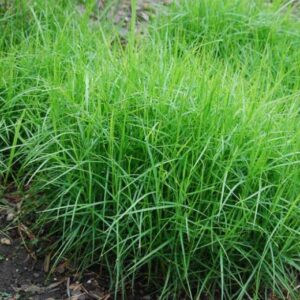
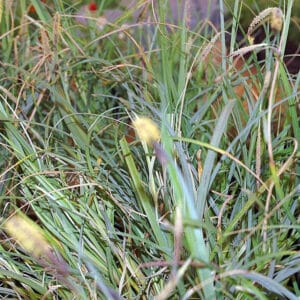
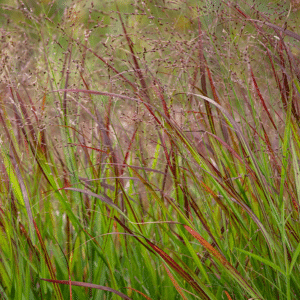
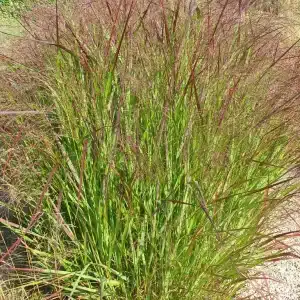
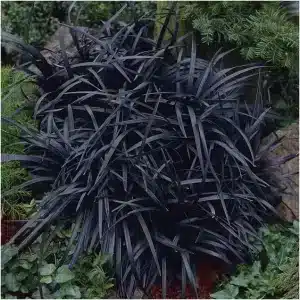
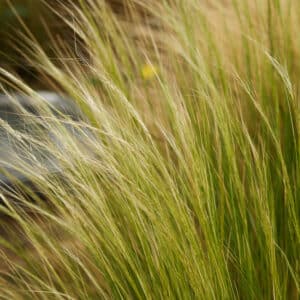
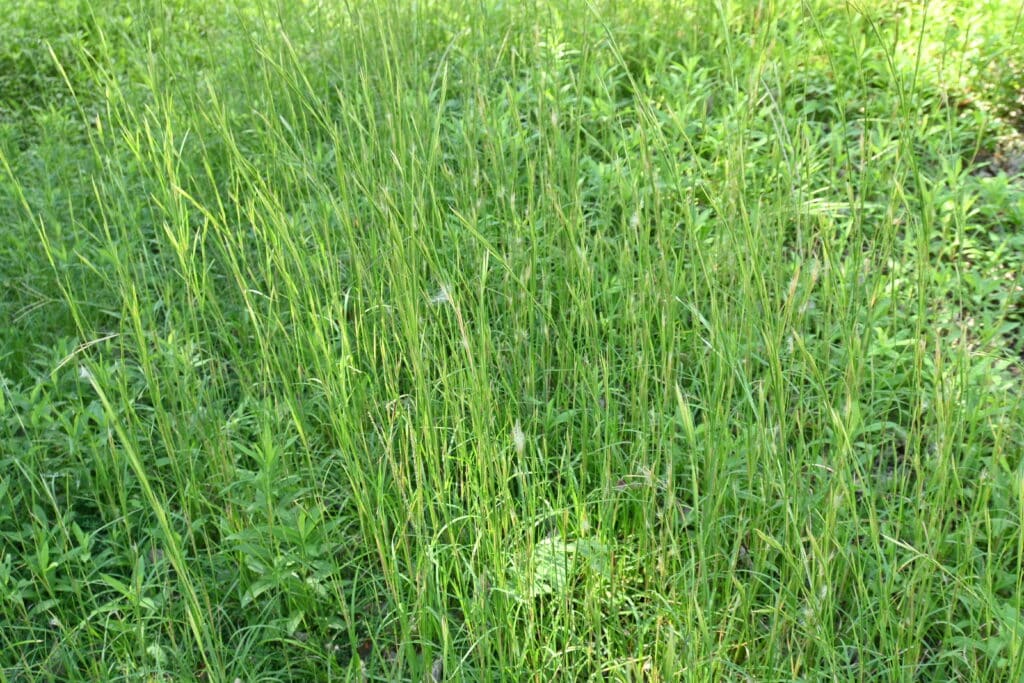
Broomsedge thrives in full sun and is highly adaptable to poor, dry, sandy, or rocky soils. It prefers well-drained sites and does not need rich soil or much fertilizer. It’s an excellent choice for low-maintenance, drought-tolerant plantings or restoration projects.
Broomsedge typically grows to about 2–4 feet tall and 1.5–2 feet wide. It forms attractive upright clumps of narrow, greenish-blue blades that turn striking golden-orange to copper in fall and winter, adding beautiful year-round interest to naturalized gardens.
Yes! Broomsedge provides important habitat and cover for small mammals, birds, and insects. Its seeds offer food for birds, and its dense growth structure offers shelter for wildlife, especially in the colder months when many other plants have died back.
Broomsedge blooms in late summer to early fall. It produces small, fluffy seedheads that catch the light and add a soft, feathery texture to gardens and meadows. Its brilliant fall color makes it highly ornamental at a time when many other plants are fading.
Yes, Broomsedge is considered deer-resistant. Its tough, wiry texture and low nutritional value make it unappealing to deer, making it a solid choice for landscapes facing deer browsing pressure.
Our gift cards make it easy to share the beauty of plants, flowers, and all things green. Whether for a special occasion or just because, give the gift of choice and let them select their favorites to create a garden they’ll cherish.
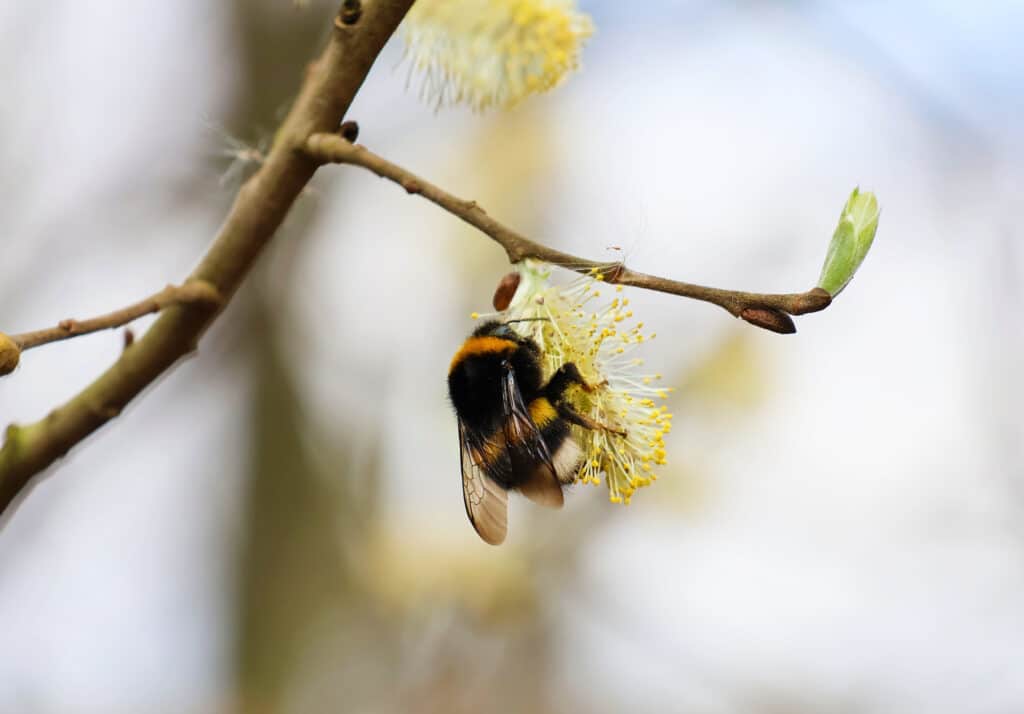
Only Local Delivery Available (Long Island & Queens)
Ground Shipping Paused
To protect our plants from extreme summer heat, we’ve paused nationwide ground shipping to avoid any damage during transit.
Local Delivery Only
We’re still delivering locally to Long Island and Queens, so nearby customers will continue to receive orders as usual.
Fall Pre-Orders Are Open Nationwide!
We will resume normal shipping for non-local orders placed during the pause in early September.
Thank you for your support and understanding—we’re looking forward to growing with you this fall!